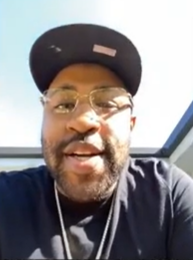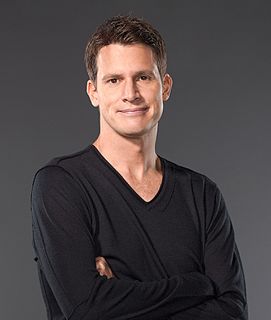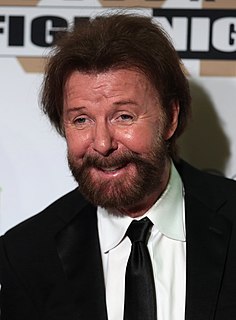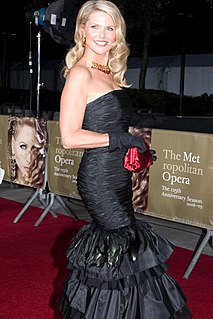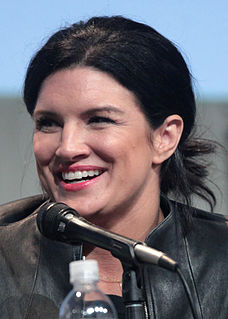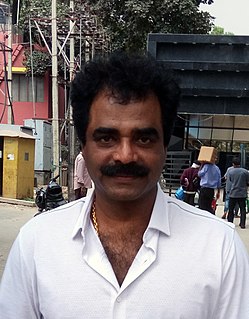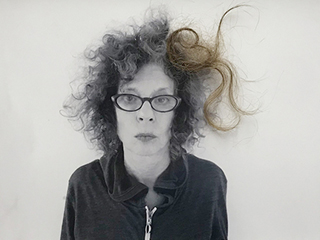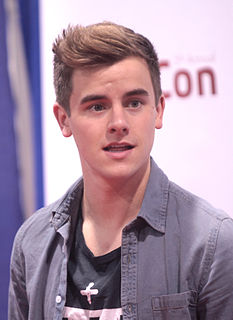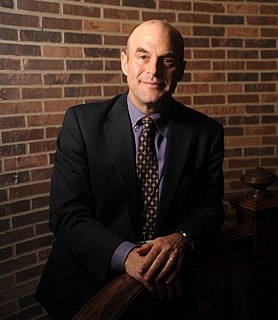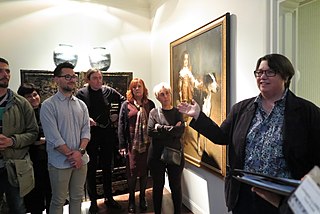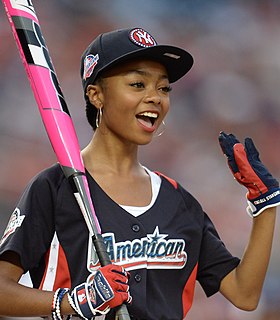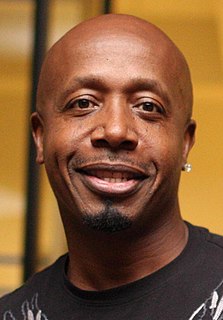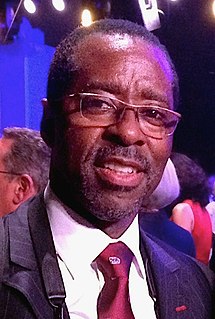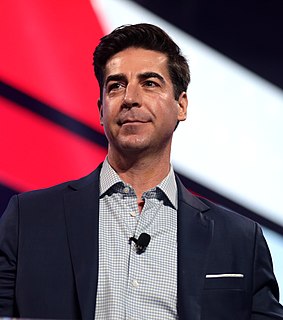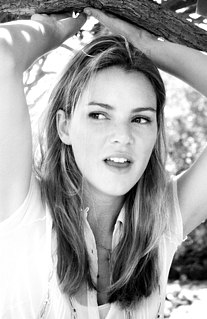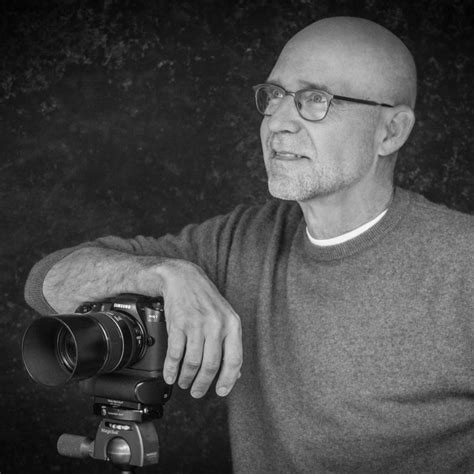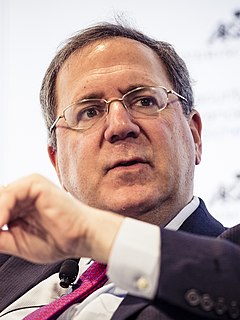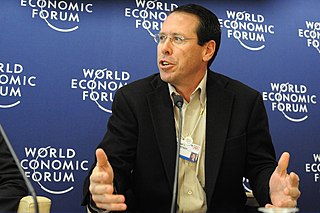Top 1200 Video Cameras Quotes & Sayings
Explore popular Video Cameras quotes.
Last updated on November 8, 2024.
The first video I shot for "A Zip and a Double Cup"â€"I have two versions, a remix video and a the originalâ€"because I wasn’t really trying to do anything. I just came home and got kind of high and shot a video in the parking lot. I just shot the video how I wanted to do it and posted it online and the next day it went crazy.
Everybody has their iPhone cameras, BlackBerry cameras, and I see those cameras pointed up at me all the time now, which is actually really good because of what it does for me and my band. There is no time for us not to be on our toes because they're on all the time whenever you're playing. I think it's very healthy.
I was free always. I could work without the money, to film this and that. But this is another point, because now I'm alone, and I can just use it when I want. I think the digital cameras have changed my view. Even though sometimes, including the installations that I show, I mix 35mm filming and video handmade.
Usually, companies, when they approach other people to do VR, they're like, 'We're gonna offer a virtual reality experience' - to me, that usually means they're gonna put a bunch of 360° cameras in a room, film something, and wrap the video in a sphere so you can head-track and look around. To me, that's not virtual reality. That's 360° video.
I've been doing photography in one form or another for, oh golly, over seventy years. I don't carry cameras. I used to. For many years I carried cameras wherever I went. Photograph whatever I saw that was of interest. In the last years, I've only used cameras to explore thematic ideas which presented themselves first. And then bring out the cameras to try to explore that idea.
Every NBA arena has six cameras in the ceiling. The question is what does the software do with video feeds? How to surface that in a set of analytics? There are some "playbooks," but in most sports these days what you really want to share out with coaches and players is a set of video that lets you visualize what's going on and what's the best way to do things.
Major power and telephone grids have long been controlled by computer networks, but now similar systems are embedded in such mundane objects as electric meters, alarm clocks, home refrigerators and thermostats, video cameras, bathroom scales, and Christmas-tree lights - all of which are, or soon will be, accessible remotely.
We have all the technology to record things in the streets. Now the historians cannot twist it or change it, because we have cellular phones or video cameras, and we are filming in the streets what's going on. We have the voices of everybody recorded. There's too much recording and I think that's wonderful.
My take on what happened with the moon landing was [......] they suspect [ sic ] that on impact that the cameras would be damaged because back in 1969 cameras weren't, you know, like they are today, as good. So they had a studio set up at CBS to mimic the moon landing. And sure enough the cameras broke and so they flipped, you know, the CBS studio on. And what you saw of the footage of the '69 moon landing was actually at CBS studio.
I think, hands down, the number one person I would love to have in a video is Beyonce. I think the perfect video for me - I could die happy and I could never make a YouTube video again - would be to do a video called 'Bey-Oz-ce' and mix 'The Wizard of Oz' and Beyonce together because those are my two favorite things in the world.
I was on the yearbook staff, so I would take out film cameras and Nikons and take photos around school and at sporting events and things like that. We had a darkroom as well. I just loved it. I also saved up for a video camera to video my friends and cut and paste the videos together and I gave them to all of my friends for graduation.
The many pro-surveillance advocates I have debated since Snowden blew the whistle have been quick to echo [Google CEO] Eric Schmidt's view that privacy is for people who have something to hide. But none of them would willingly give me the passwords to their email accounts, or allow video cameras in their homes.
I think there are two different types of people in television. There are people who can turn it on like a switch when the cameras go on, and then, when the cameras go off, they kind of lower it down a little bit. And then there are people who are on all the time, no matter if the cameras are there or not.
